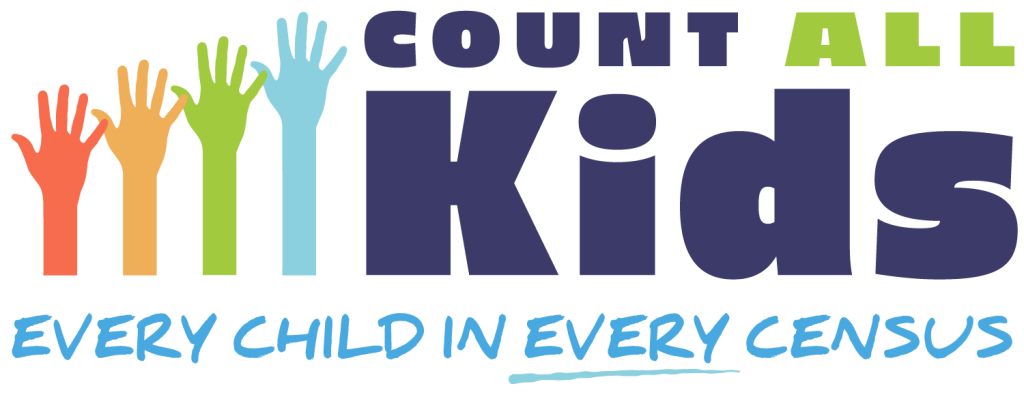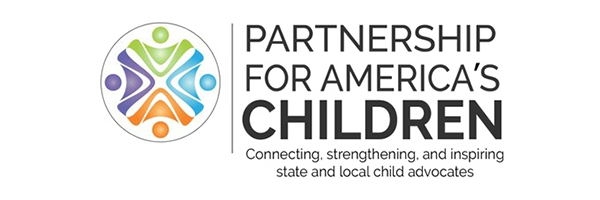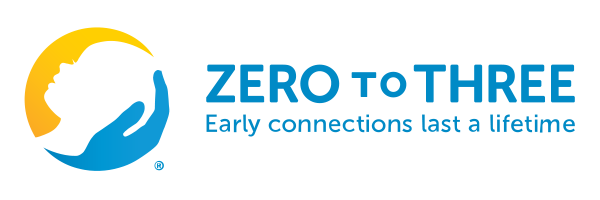In 2010, young children ages 0-4 were the age group most often missed from the Decennial Census, with over two million children omitted or nearly one in ten, far more than any other age group. Unfortunately, when the Census Bureau conducted its Census Barriers Attitudes and Motivations study in preparation for the 2020 Census, although it conducted 42 focus groups with a wide variety of hard to count groups, it conducted no focus groups at all targeting families with young children.
Fortunately, the New York KIDS COUNT Council on Children and Families conducted a series of focus groups on the census with parents of young children involved in Community Action Programs and/or parents who have children in Head Start and Migrant Head Start. They targeted young parents in low-income communities because they are more likely to be missed. (The Count All Kids Campaign is commissioning more focus groups with families with young children now.) They have now released a brief summarizing their findings.
Each focus group began with group leaders explaining about the goals of the census and how the data from the census is used (in calculating representation and federal funding, for example). From there, questions were used to guide the discussion around a few key areas:
- What messages will persuade individuals to complete the census?
- What persons and organizations are considered credible, trusted sources within their communities?
- How messages should be delivered so that they will be visible to intended audiences?
Below are some brief highlights of their findings. You can find the full report here.
Persuasive Information: All participants were unaware that the census affected the levels of funding, and they generally felt that that is a crucial reason to fill out the census. Head Start parents felt more compelled to fill out the census if they thought it would help their community, while Migrant Head Start parents felt more compelled to fill it out if they thought it would help their children and their family. Knowledge that the census influences local planning decisions was considered somewhat persuasive in convincing people to fill out the census, while knowledge that the census impacts federal representation seemed to be the least persuasive.
Credible and Trusted Messengers: When it comes to credible and trusted community messengers spreading census information, focus group participants seemed indifferent to teachers and school staff disseminating the information; participants viewed school staff as being obligated to pass out the information, rather than doing it to show their commitment to the community. Interestingly, school lunch staff members were highlighted as preferred school messengers of census information since they often live in the community that they serve. Other trusted and credible community messengers that were mentioned include physicians, pastors, local elected officials (such as mayors), and early education teachers. Additionally, it was recommended by participants that community members dedicated to helping the disenfranchised be identified and used to spread census information. Overall, the most trusted and credible messengers seemed to be those that have strong relationships with many community members.
Communication Strategies: Many participants recommended a two-step communicative approach including educating people about how the census affects funding and then encouraging people to complete and return the census. Younger parents indicated social media like Facebook and Instagram are good places to advertise for their age demographic, but recommended using the local news to reach older age groups (specifically highlighting the weatherman as a trusted and likeable messenger). Personal digital ads like emails and texts seemed to be discouraged, and robo-calls should be avoided. Participants recommended that paper forms and other census materials be distributed at libraries, clinics, government offices, and more.
Distrust of Government is an Overarching Barrier: All focus group participants from every demographic admitted to a distrust in government as a potential barrier to filling out the census, due to a plethora of experiences. Despite assurances that the census is confidential and disclosure of its information results in prison and expensive fines, focus group participants still remained concerned.
___
Caleb Herbst is an advocate and intern with the Partnership for America’s Children.








